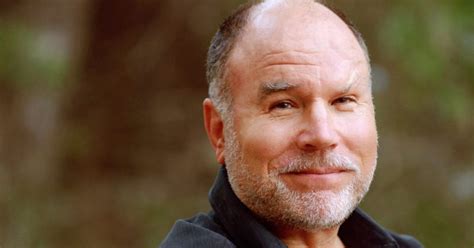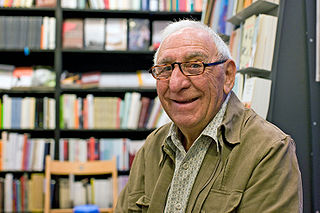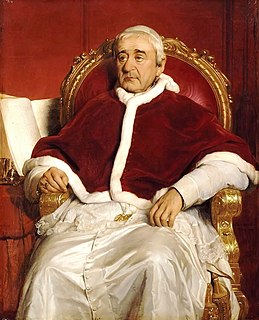A Quote by Guy Finley
Psychologically speaking, what is true requires no protection, and never becomes negative when challenged. On the other hand, what is false almost never stops trying to protect itself, which it does by finding fault with whatever or whoever challenges the false image behind which it always hides.
Related Quotes
My point taken further is that True and False (hence what we call "belief") play a poor, secondary role in human decisions; it is the payoff from the True and the False that dominates-and it is almost always asymmetric, with one consequence much bigger than the other, i.e., harboring positive and negative asymmetries (fragile or antifragile). Let me explain.
I do not like the Broadway theatre because it does not know how to say hello. The tone of voice is false, the mannerisms are false, the sex is false, ideal, the Hollywood world of perfection, the clean image, the well pressed clothes, the well scrubbed anus, odorless, inhuman, of the Hollywood actor, the Broadway star. And the terrible false dirt of Broadway, the lower depths in which the dirt is imitated, inaccurate.
Intuitionists think that there are cases in which, say, some identity statement between real numbers is neither true nor false, even though we know that it cannot possibly be false. That is: We know that it cannot not be that a = b, say, but we cannot conclude that a = b. We can't, in general, move from not-not-p to p in intuitionistic logic. , I suggest that the believer in vague objects should say something similar. It can never be true that it is vague whether A is B. But that does not imply that there is always a fact of the matter whether A is B.
All soul is immortal. For that which is always in movement is immortal; that which moves something else, and is moved by something else, in ceasing from movement ceases from living. So only that which moves itself, because it does not abandon itself, never stops moving. But it is also source and first principle of movement for the other things which move.
The paradigm helps a person identify the thought system, which is almost always false, that is behind the rationale for the continuation of excuses. It helps them really look at excuses from an objective point of view and realize that everything they've been thinking is just as likely to be not true as it is to be true.
We are here speaking in open disapproval of that false system of philosophy, not so long ago introduced, by which, because of an extended and unbridled desire of novelty, truth is not sought where it truly resides, and, with a disregard for the holy and apostolic traditions, other vain, futile, uncertain doctrines, not approved by the Church are accepted as true, on which very vain men mistakenly think that truth itself is supported and sustained.
There's another reason why you should love your enemies, and that is because hate distorts the personality of the hater. We usually think of what hate does for the individual hated or the individuals hated or the groups hated. But it is even more tragic, it is even more ruinous and injurious to the individual who hates. [...] For the person who hates, the true becomes false and the false becomes true. That's what hate does.
To the degree to which they correspond to the given reality, thought and behavior express a false consciousness, responding to and contributing to the preservation of a false order of facts. And this false consciousness has become embodied in the prevailing technical apparatus which in turn reproduces it.
Hudibras has defined nonsense, as Cowley does wit, by negatives. Nonsense, he says, is that which is neither true nor false. These two great properties of nonsense, which are always essential to it, give it such a peculiar advantage over all other writings, that it is incapable of being either answered or contradicted.






































